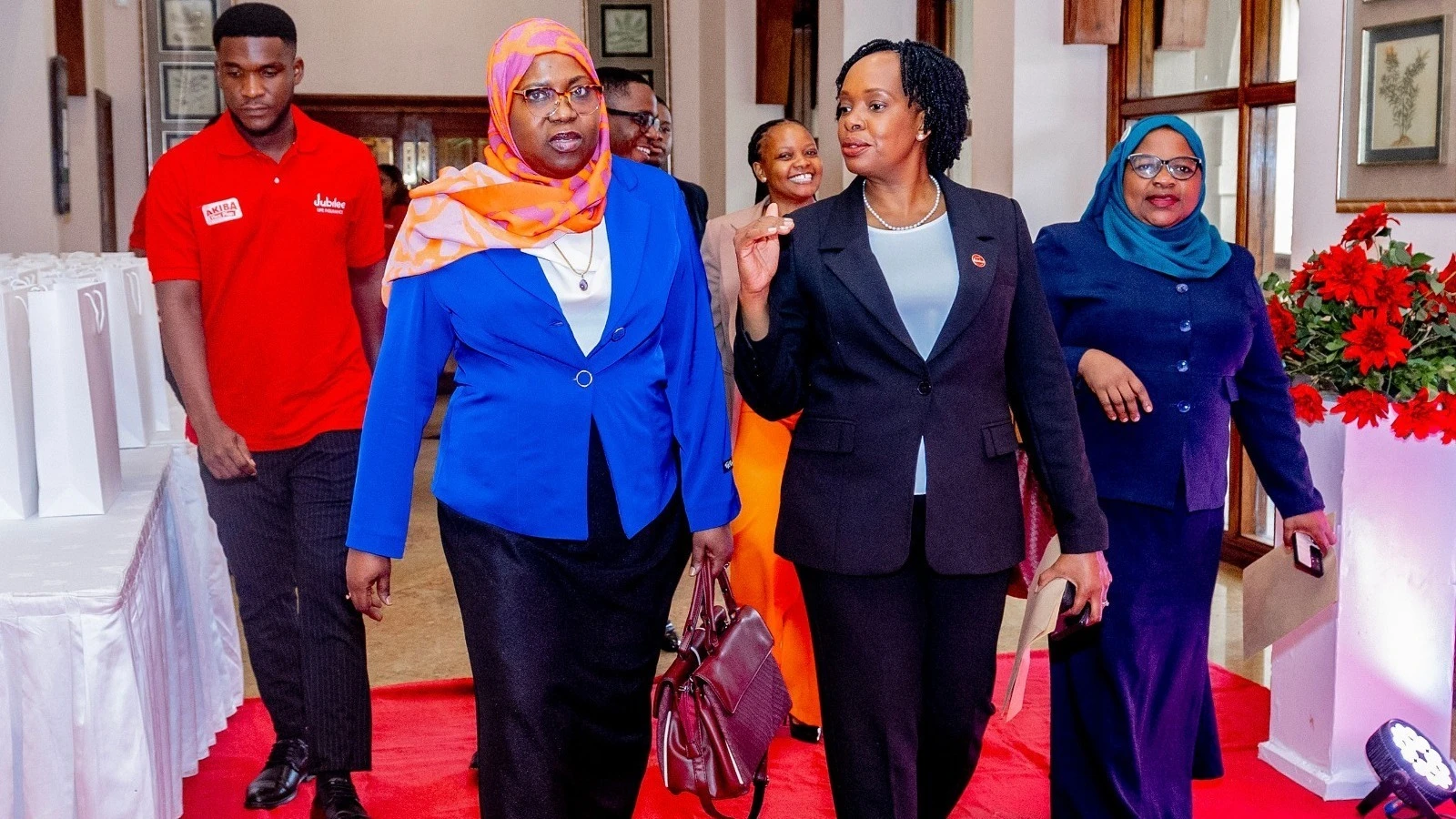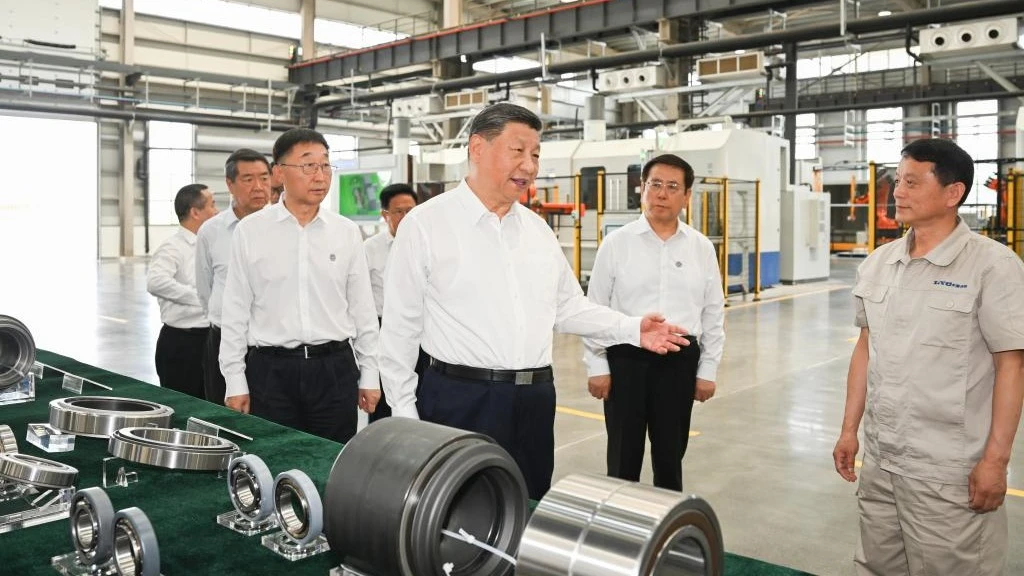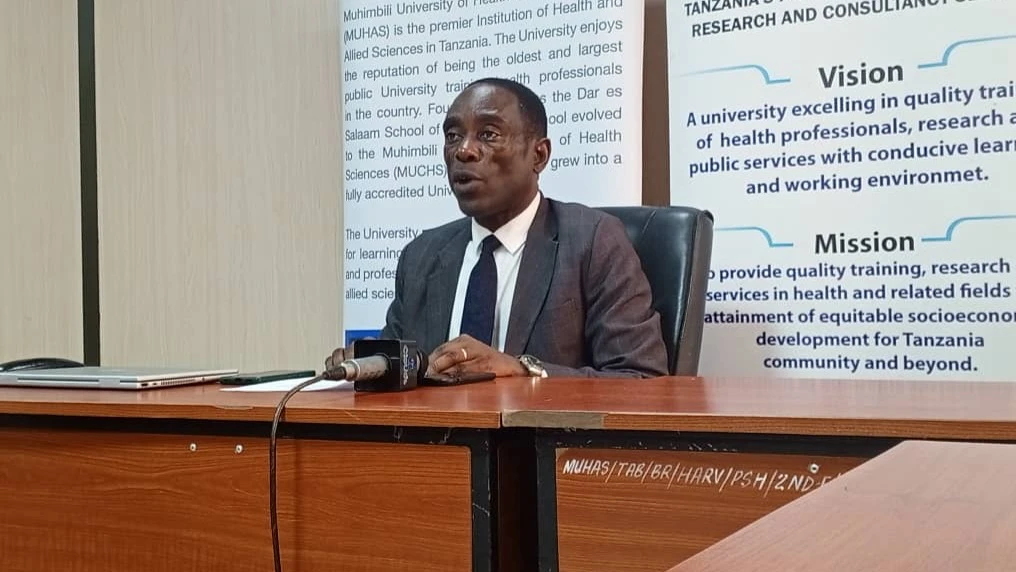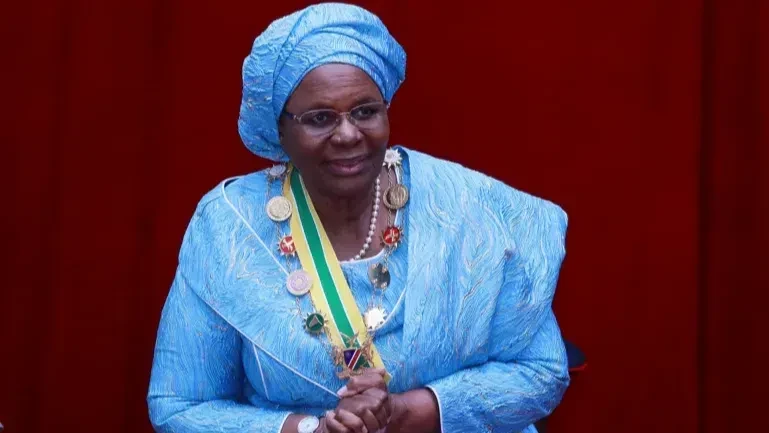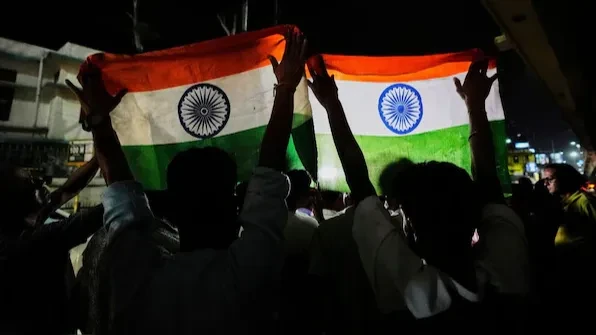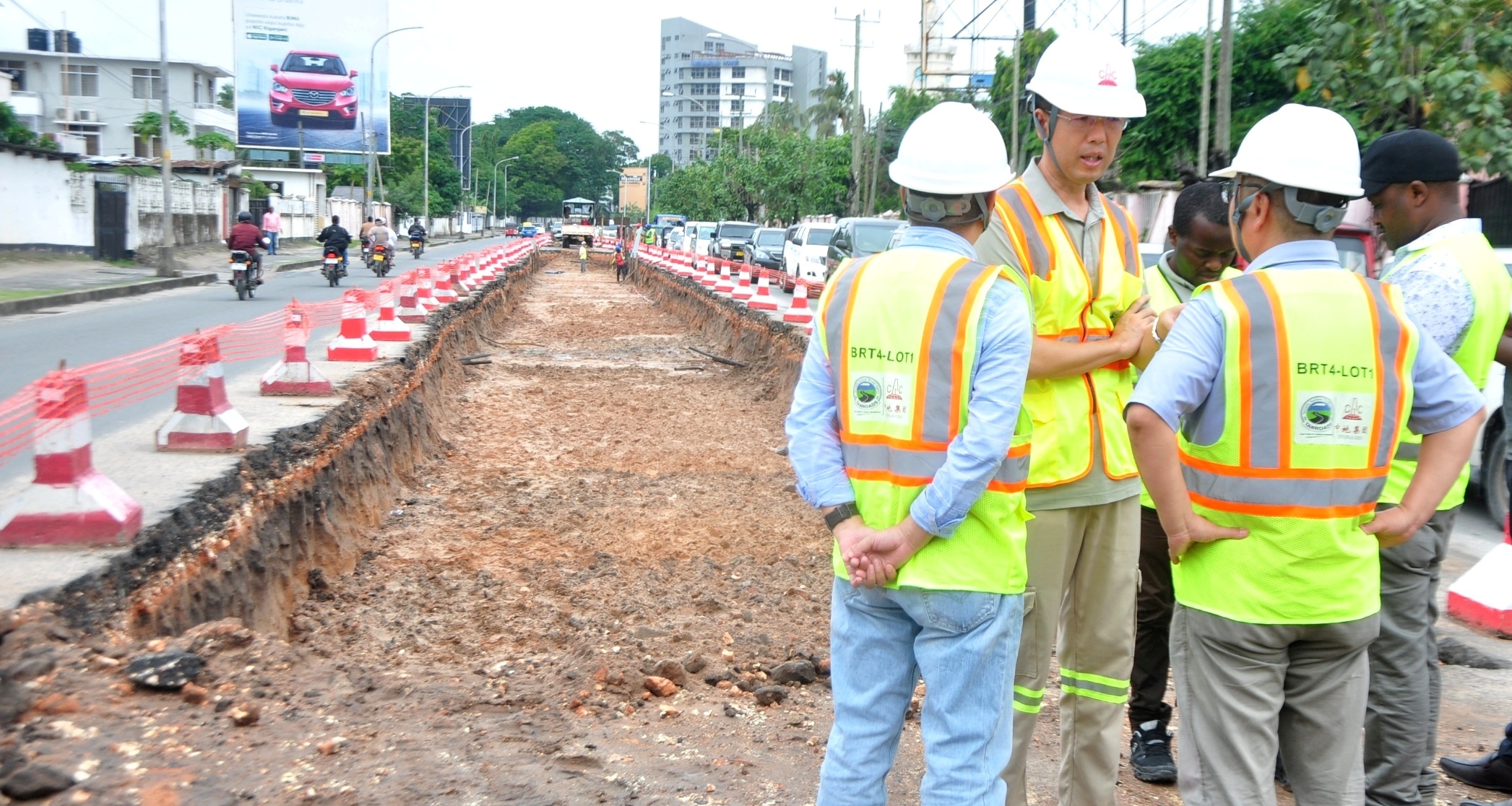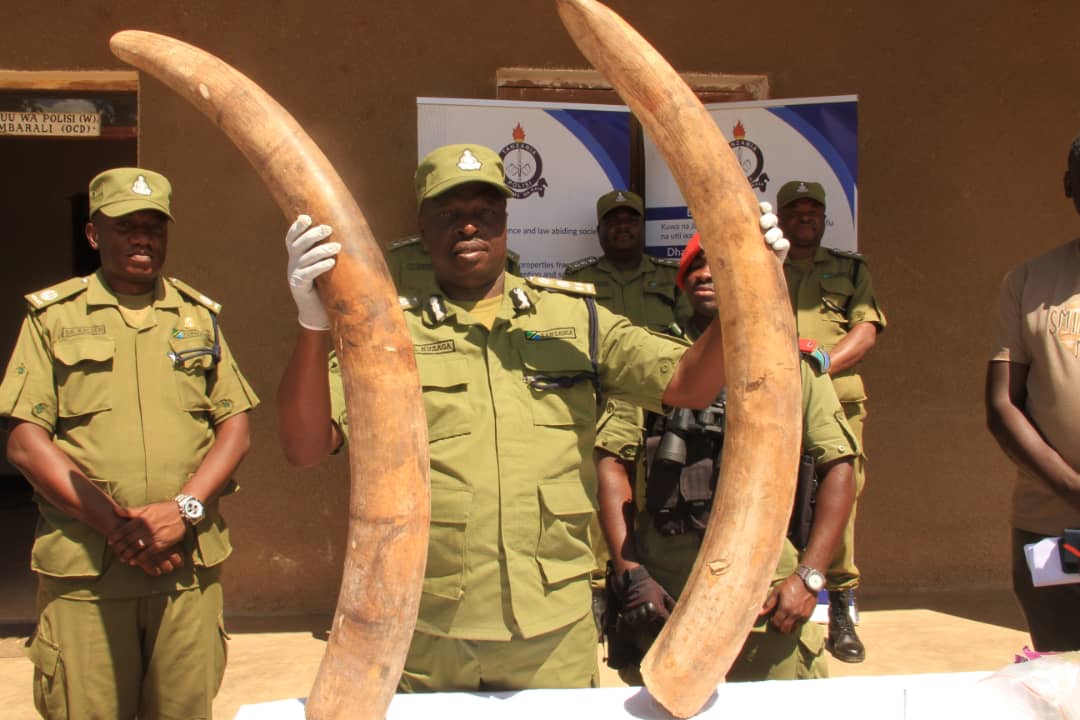Makalla: Samia tripled coffee prices to enrich farmers' lives

CCM Ideology, Publicity, and Training Secretary, CPA Amos Makalla, has credited President Samia Suluhu Hassan with raising the price of coffee from just 1,000/- to 6,500/- per kilogramme, a move he says has transformed the livelihoods of farmers in Kagera and beyond.
Addressing residents of Bukoba municipality during a public rally as part of his seven-day tour of Kagera, Geita, Mwanza, and Simiyu regions, Makalla reminded the audience of the region's long struggle with coffee smuggling into Uganda and the crackdown that followed.
“Everyone here knows the story of coffee—the hardships, the smuggling across the border, the raids. But thanks to President Samia’s leadership, the price has increased six-fold,” he said.
He criticised opposition party CHADEMA for claiming that the government has done nothing for the coffee sector.
“Some people don’t even know what a coffee tree looks like, yet they spread lies. From less than 1,000/- to 6,500/- per kilo—and they say nothing has changed?” he challenged.
Makalla noted that other crops like pigeon peas, cocoa, and sesame have also seen price increases through the warehouse receipt system introduced by the government.
“I’m here to encourage you to ignore the insults and discouragement. The development journey we’ve started is ongoing, and the government will keep it on course,” he affirmed.
He stressed that Kagera residents themselves are witnesses to the transformation in coffee sales, attributing it to the President’s strategic decisions.
In February this year, acting director general of the Tanzania Coffee Board (TCB), Frank Nyarusi, said the government had launched a comprehensive strategy to revamp the coffee sector, aiming to boost foreign exchange earnings and improve farmers’ incomes.
That strategy, he noted, includes input subsidies for fertilizers and seedlings. It has already borne fruit, pushing Tanzania to become the second-largest coffee producer in the East African Community (EAC) and fourth in Africa.
“In just four years, production has grown from 58,000 tons to an expected 75,000 tons this year,” Nyarusi said. “Revenue has jumped from USD 112 million to a projected USD 300 million.”
Globally, over 90 percent of coffee production takes place in developing countries—particularly in Latin America, Vietnam, and Indonesia—while consumption is highest in industrialised nations.
Top Headlines
© 2025 IPPMEDIA.COM. ALL RIGHTS RESERVED








